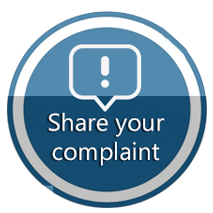Safe drinking water
The project benefits 68,327 females and 67,783 males from a total of 30,000 households through year-round access to safe and reliable drinking water improving their health and safety, and significantly decreasing the unpaid time burden of women in regards of water collection and thereby creating opportunities for education and/or enhanced income generation.
The Project is
- formulating and facilitating the establishment of women-based, Water User Groups (WUGs) to support participatory, gender responsive planning for distribution of and access to safe, year-round water supply;
- Implementing Gender-responsive, reliable and climate-resilient drinking water solutions including rainwater harvesting systems (at household, community, and institutional scales) and pond water systems; and
- Strengthening community-centric capacities to plan for, operate, and manage the provision of drinking water as climate risks evolve. A three tiers O&M system is being established where Government, through Department of Public Health Engineering (DPHE), will be mandated for overall O&M responsibility beside Local Government Institute (LGI) and Ward WATSAN Committee in the intermediate tier whereas Water User Group in bottom tier. On top of all above, DPHE and communities will be trained on how to plan, implement, and manage demand driven, Gender-responsive & year-round functional water supply facilities in the scenario of climate change.
The following water supply options are designed to fulfil the demand of drinking water to support year-round supply of water (estimated 180 days) in the project Upazilas (39 Unions in 5 Upazilas of Satkhira and Khulna District):
- 13,308 household-based rainwater harvesting system
- 228 community-based rainwater harvesting system
- 19 institution-based rainwater harvesting system
- 41 community-based Sky-Hydrant system for treatment of water from freshwater ponds, where available
